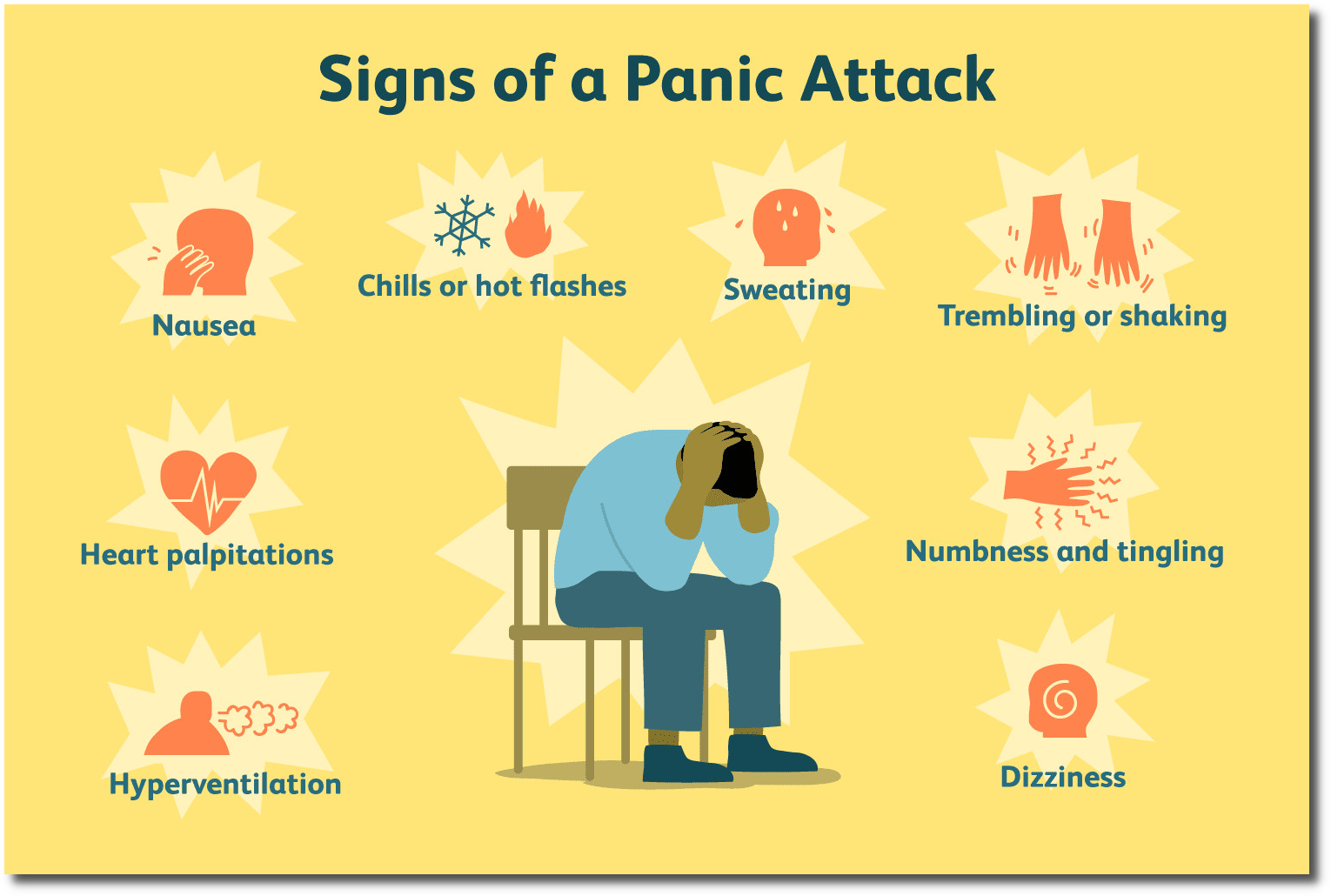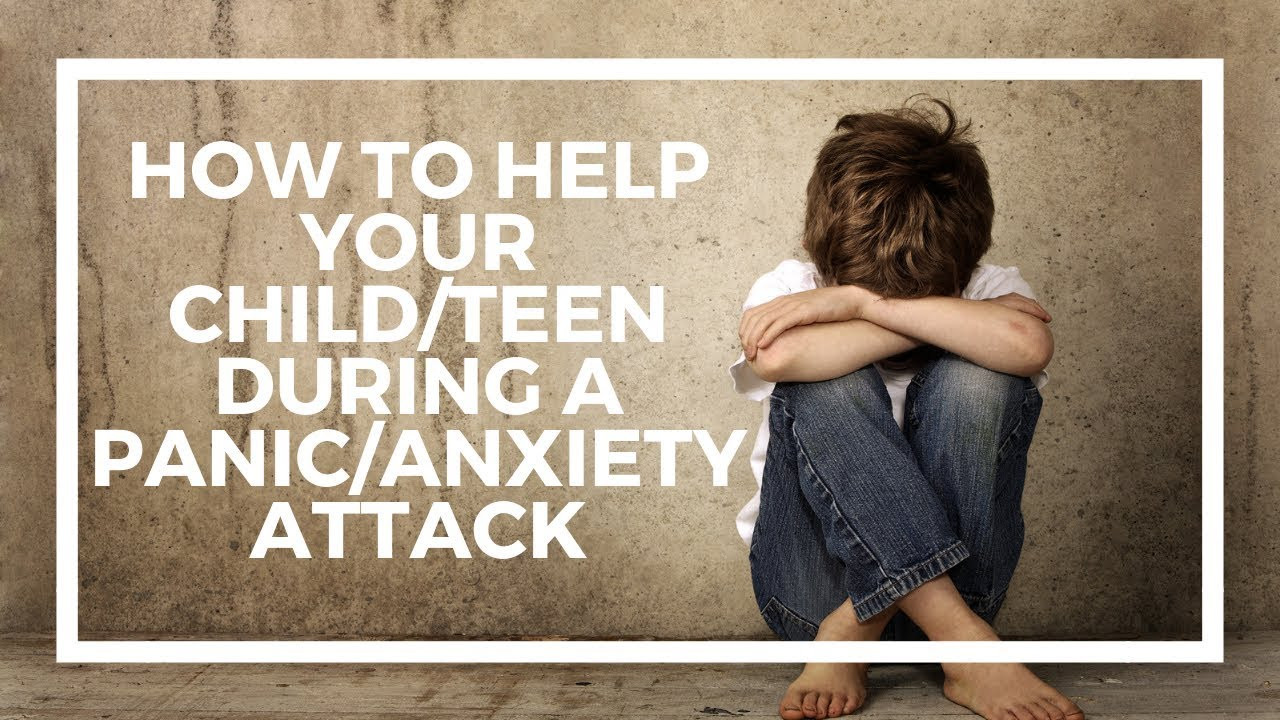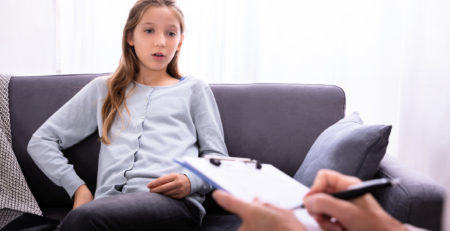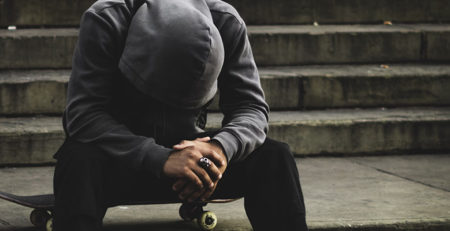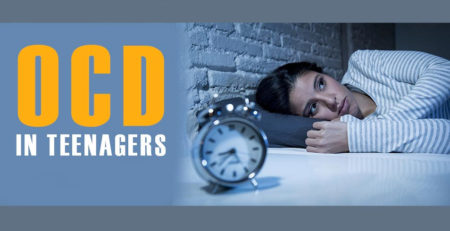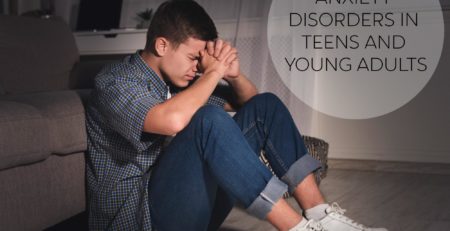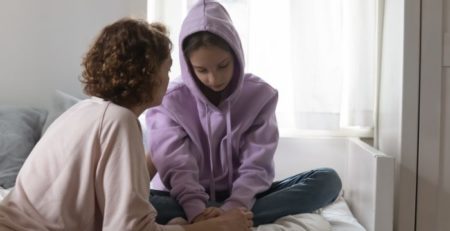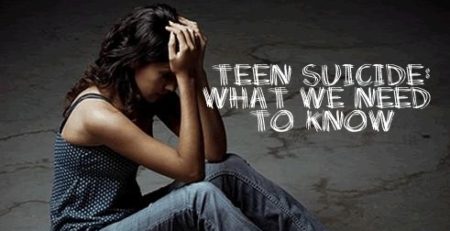Panic Disorder in Teens and Children
Panic disorder is a debilitating condition affecting millions of people worldwide, and it can be hard to understand if you’ve never experienced one before. Fortunately, people of all ages suffering from these attacks can find relief with proper medical treatment and care. Children and adolescents with panic disorder often experience sudden, unexpected episodes of intense fear or discomfort, including physical symptoms such as accelerated heart rate or difficulty breathing. These attacks can last minutes to hours and come on without warning. Even though the panic disorder is a severe and sometimes frightening condition, through proper diagnosis, monitoring, and treatment, there is real hope for those affected by it.
Symptoms of a panic attack include:
- Shortness of breath
- Chest pain
- Heart palpitations
- Sweating
- Trembling or shaking
- The feeling of choking
- Nausea or stomach pain
- Feeling dizzy, lightheaded, or faint
- The feeling of unreality or detachment from oneself
- Fear of losing control or going crazy
Recognizing the Symptoms
Parents need to be aware of their children’s signs of panic disorder, so they can seek help if necessary. Some symptoms to look out for include sudden mood swings; avoidance of certain situations such as school; difficulty sleeping; changes in appetite; feelings of restlessness; irritability; fearfulness; excessive worry; difficulty concentrating; recurrent nightmares; tearfulness; fears that are unusual for the child’s age level (for example a preschooler who fears being alone); stiffness in the body when doing activities they used to enjoy (such as sports); avoiding eye contact or social interaction with others; refusing to go places without a parent present.
Treating Panic Disorder
When treating panic disorder in children and adolescents, it is essential to seek professional help as soon as possible. Treatment usually involves a combination of medication (if needed) such as anti-anxiety medications or antidepressants to manage symptoms such as depression or insomnia that may accompany the condition along with psychotherapy which can help the patient identify triggers for their attacks and learn coping strategies for dealing with with with them more effectively. Other forms of treatment may include relaxation techniques such as yoga or mindfulness meditation which can help reduce stress levels and lessen anxiety which may be contributing factors in some cases. It is also essential for parents to provide support by listening non-judgmentally when their child expresses their feelings associated with the condition, reassuring and giving understanding whenever possible while maintaining boundaries around unacceptable behaviors due to anxiety issues.
Panic disorder can be very disruptive for young people if left untreated. Still, fortunately, there are many effective treatments available today that can reduce its effects significantly if recognized early enough. Parents need to know what signs to look out for to get help, if necessary before any long-term damage occurs due to this condition’s debilitating effects. With proper recognition and treatment, panic disorder need not prevent your child from leading a healthy, productive life free from its devastating complications! Please get the help your Child or Teen needs today by calling us at 816.819.5166 or scheduling an appointment online.
